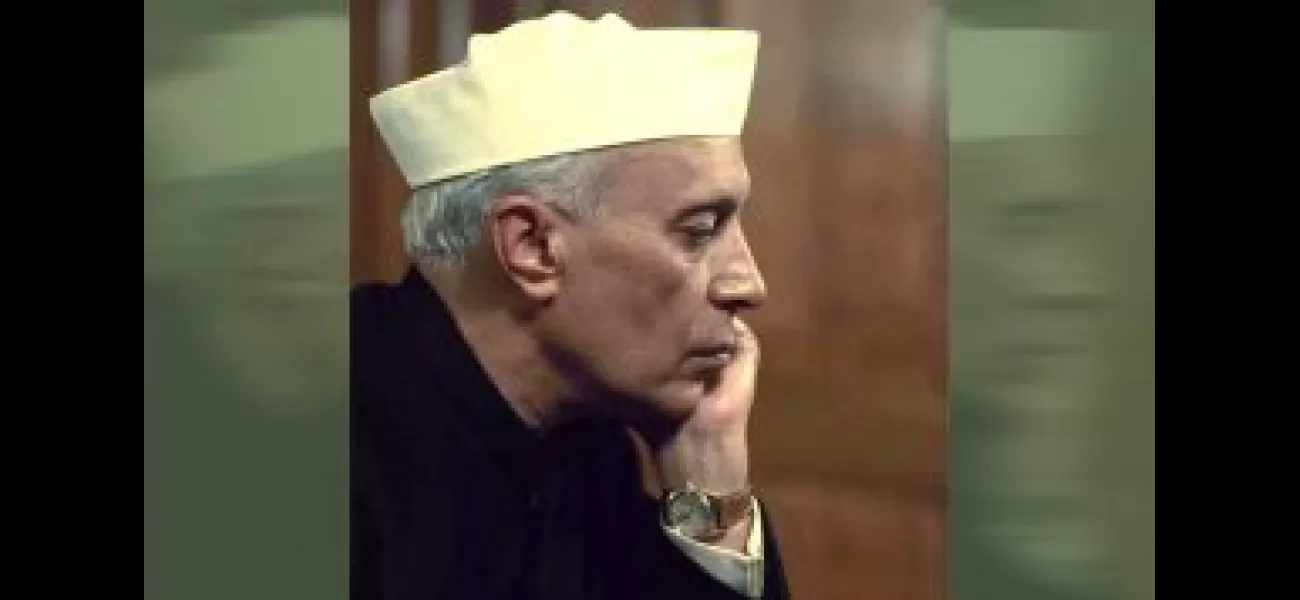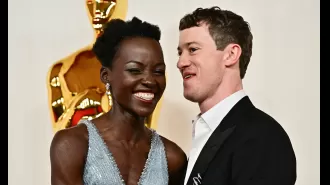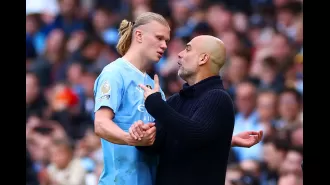A translation dispute between Nehru and Harivansh Rai Bachchan sparked an argument.
Nehru and Bachchan argued over translating a presidential address from English to Hindi, with Nehru wanting a balance between Hindu and Urdu.
June 21st 2024.

In New Delhi, a heated argument arose between first prime minister Jawaharlal Nehru and Hindi poet Harivansh Rai Bachchan over the translation of an English presidential address into Hindi, to be delivered by vice president Zakir Husain. Nehru believed Bachchan's translation was too complex, while Bachchan stood firm that it was not. This disagreement continued with neither willing to compromise.
Bachchan, known for his famous work "Madhushala", had joined the Indian Foreign Service in 1955 with a monthly salary of Rs 1,000, a significant increase from his previous job as a producer at All India Radio. His main responsibility at the Ministry of External Affairs was translating speeches of the president and vice president, and he even coined the commonly used Hindi name "Videsh Mantralaya" for "External Affairs Ministry".
The argument between Nehru and Bachchan escalated when Bachchan translated the president's speech in a way that the vice president would struggle to pronounce. Nehru was concerned about Husain's public image and suggested translating the speech into Urdu for his convenience, to which Bachchan replied that language cannot be changed for one individual's pronunciation. This led to a clash of egos between two highly respected figures in their respective fields.
Nehru lamented the idea of translating the speech into Urdu, as it would still be classified as a Hindi speech according to the Indian Constitution. He feared that Husain would struggle with the difficult Hindi words and it would reflect poorly on the government. Eventually, Nehru convinced Bachchan to produce a simpler translation for Husain, and he did so.
Interestingly, Nehru had known Bachchan from their hometown of Allahabad and had even helped him secure a scholarship to study in Cambridge and Oxford. Bachchan had faced rejections from the education secretary and minister, but Nehru personally intervened and arranged a scholarship for him. This anecdote showcases the personal bond between the two men.
The book "Nehru's First Recruits" by journalist Kallol Bhattacherjee delves into the stories and experiences of India's earliest diplomats, shedding light on the country's diplomatic history and its emergence on the global stage. It highlights the beginning of India's engagement in global affairs and the pioneers who played a critical role in shaping the country's foreign policy.
Bachchan, known for his famous work "Madhushala", had joined the Indian Foreign Service in 1955 with a monthly salary of Rs 1,000, a significant increase from his previous job as a producer at All India Radio. His main responsibility at the Ministry of External Affairs was translating speeches of the president and vice president, and he even coined the commonly used Hindi name "Videsh Mantralaya" for "External Affairs Ministry".
The argument between Nehru and Bachchan escalated when Bachchan translated the president's speech in a way that the vice president would struggle to pronounce. Nehru was concerned about Husain's public image and suggested translating the speech into Urdu for his convenience, to which Bachchan replied that language cannot be changed for one individual's pronunciation. This led to a clash of egos between two highly respected figures in their respective fields.
Nehru lamented the idea of translating the speech into Urdu, as it would still be classified as a Hindi speech according to the Indian Constitution. He feared that Husain would struggle with the difficult Hindi words and it would reflect poorly on the government. Eventually, Nehru convinced Bachchan to produce a simpler translation for Husain, and he did so.
Interestingly, Nehru had known Bachchan from their hometown of Allahabad and had even helped him secure a scholarship to study in Cambridge and Oxford. Bachchan had faced rejections from the education secretary and minister, but Nehru personally intervened and arranged a scholarship for him. This anecdote showcases the personal bond between the two men.
The book "Nehru's First Recruits" by journalist Kallol Bhattacherjee delves into the stories and experiences of India's earliest diplomats, shedding light on the country's diplomatic history and its emergence on the global stage. It highlights the beginning of India's engagement in global affairs and the pioneers who played a critical role in shaping the country's foreign policy.
[This article has been trending online recently and has been generated with AI. Your feed is customized.]
[Generative AI is experimental.]
0
0
Submit Comment




